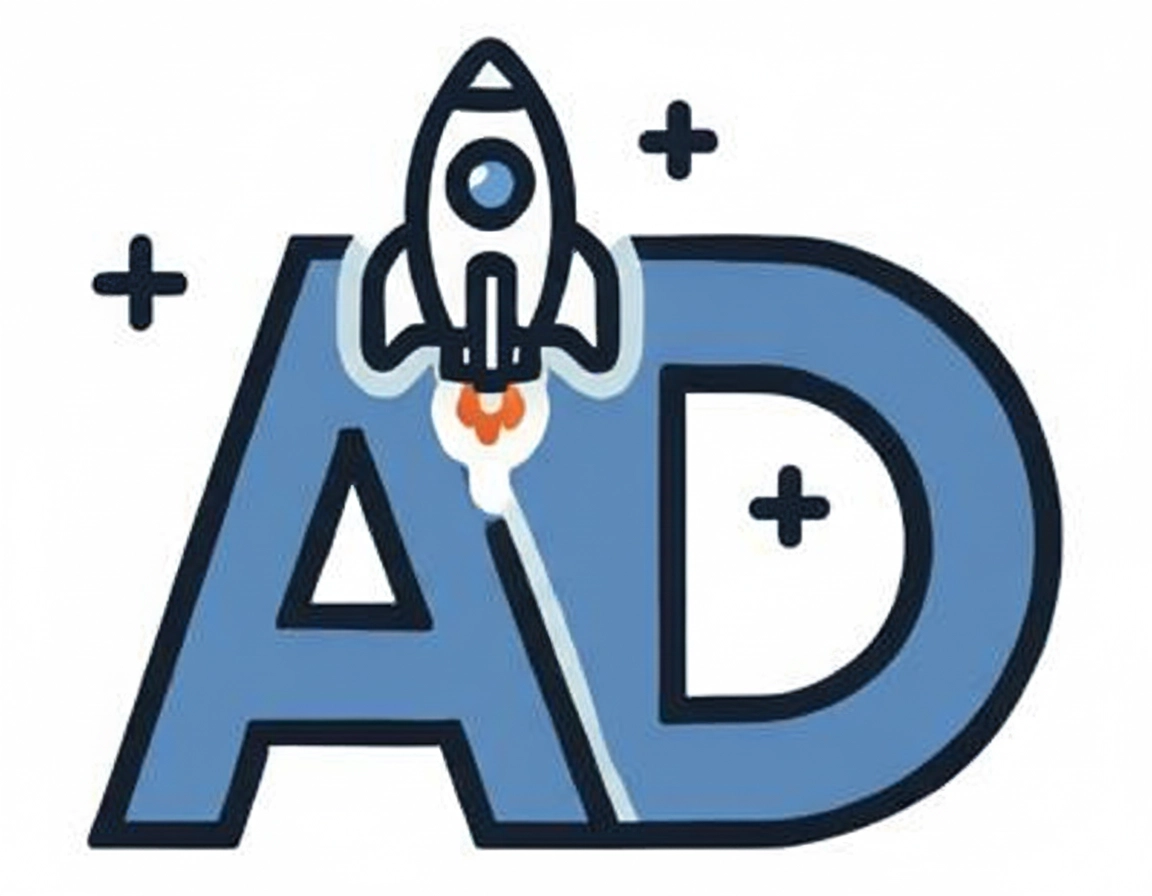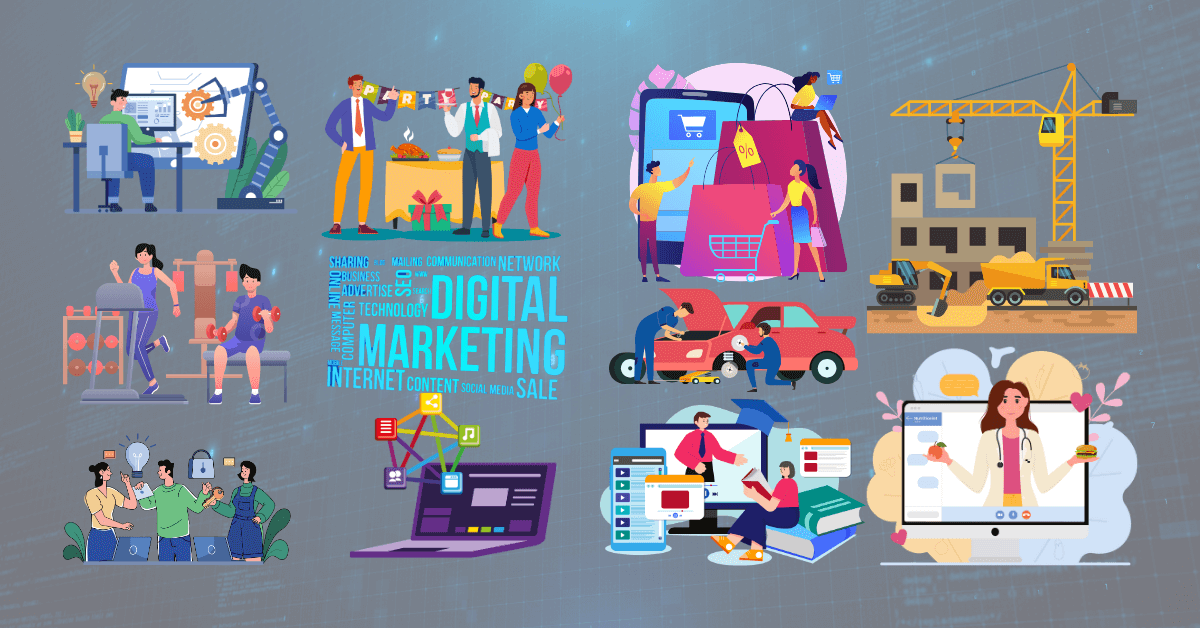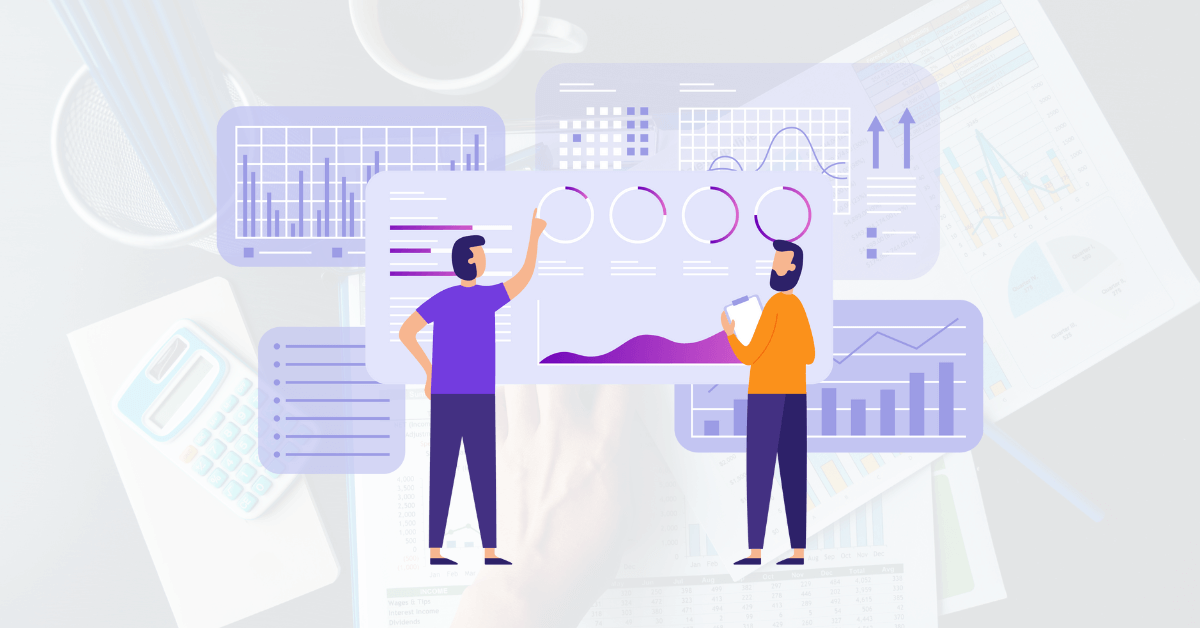Digital Marketing Service Advisor
Finding the Perfect Digital Marketing Service / platform for Your Business
In today’s digital world, there are countless ways to reach your target audience. But with so many options available, it can be tough to know which marketing services are right for your business.
That’s where our Digital Marketing Service Advisor comes in. This handy tool takes into account your specific needs and goals to recommend the services that will deliver the best results.
How It Works
- Budget: Enter your monthly marketing budget in AED.
- Goals: What are you hoping to achieve with your marketing? Generate leads? Increase brand awareness? Drive sales?
- Business Type: Tell us about your business (e.g., e-commerce, local store, B2B).
- Online Presence: Describe your current online presence (e.g., new website, established social media).
- Analyze: Click the button, and our tool will analyze your requirements.
What You’ll Get
Based on your answers, the tool will recommend a mix of digital marketing services tailored to your business, including:
- SEO Services: Improve your search engine rankings and get found by more potential customers.
- Google Ads: Run targeted ad campaigns to reach people actively searching for products or services like yours.
- Social Media Marketing: Build brand awareness and engage with your audience on platforms like Facebook and Instagram.
- Email Marketing: Nurture leads and stay top-of-mind with email newsletters and promotions.
- Business Directory Services: Get listed in online directories to boost your local visibility.
For each recommended service, you’ll see:
- Estimated monthly cost
- Key benefits
- Estimated ROI
Why This Tool Is Helpful
- Saves you time and effort: No more endless research trying to figure out which services are right for you.
- Personalized recommendations: Get advice tailored to your budget, goals, and business type.
- Clear and concise information: Easily understand the costs and benefits of each service.
- Data-driven decisions: Make informed choices about your marketing investments.
Ready to take the guesswork out of digital marketing? Try our Digital Marketing Service Advisor today!
Tool Accuracy Info: [Read More]
This is a free tool designed to give you an idea of suitable marketing strategies for your business. However, results may not be 100% accurate, and we recommend consulting a professional for a tailored approach.
Frequently Asked Questions (FAQ) About Choosing the Right Marketing for Your Business
The Marketing Services Advisor Tool helps businesses identify the most effective marketing strategies based on their industry, goals, and budget.
It analyzes key factors such as business type, target audience, competition, and budget to recommend the most suitable marketing approach.
Marketing strategies include SEO, PPC advertising, social media marketing, content marketing, email marketing, and influencer marketing.
SEO is ideal for long-term organic traffic, while PPC is better for immediate visibility and lead generation. The tool helps you choose based on your needs.
Social media is powerful for B2C businesses but may require a different strategy for B2B industries. The tool suggests platforms based on your niche.
By analyzing ROI, allocating funds to high-performing channels, and using automation tools to reduce wasted spend.
Inbound marketing (SEO, content, social media) attracts customers organically, while outbound marketing (ads, cold calls) pushes messages to potential customers.
Yes, it tailors recommendations based on the industry, such as real estate, healthcare, finance, retail, or technology.
AI analyzes data patterns, automates ad targeting, and personalizes campaigns, making marketing more effective and cost-efficient.
For small businesses, a mix of SEO, social media marketing, and email marketing is recommended to build brand awareness and generate leads.
The tool analyzes your business industry, target audience, and marketing budget to provide personalized recommendations.
Factors include business size, competition, audience behavior, industry trends, and available budget.
Use key performance indicators (KPIs) such as conversion rate, return on ad spend (ROAS), engagement, and lead generation metrics.
SEO is more cost-effective for long-term growth, while paid ads provide faster visibility. A balanced strategy is recommended.
Email marketing offers higher engagement for existing customers, while social media helps reach new audiences.
AI enhances marketing by automating customer interactions, personalizing ads, and predicting campaign success.
Businesses should allocate funds based on data-driven insights, investing in high-performing channels and optimizing underperforming ones.
Performance marketing focuses on measurable outcomes, ensuring businesses only pay for actual conversions or leads.
Retargeting ads help re-engage users who previously visited a website, increasing conversion rates and maximizing ad spend.
Branding helps businesses establish trust, create a unique identity, and improve customer retention through consistent messaging.
SEO, Google Ads, LinkedIn advertising, and email marketing are effective lead generation strategies.
Omnichannel marketing ensures a seamless customer experience across multiple platforms, increasing engagement and conversions.
Using CRM software and analytics tools like Google Analytics, businesses can track interactions across various touchpoints.
Video content boosts engagement, improves conversion rates, and enhances social media reach.
Content marketing establishes credibility by providing valuable information, positioning the business as an industry expert.
Businesses can use marketing automation tools like HubSpot and Mailchimp to streamline email campaigns and customer follow-ups.
Personalized marketing increases engagement by tailoring content, emails, and ads to individual user preferences.
Businesses track ROI using metrics like conversion rates, customer acquisition cost (CAC), and return on ad spend (ROAS).
Trends include AI-driven personalization, interactive content, voice search optimization, and automation-driven campaigns.
The tool continuously updates recommendations based on industry trends, user data, and evolving digital marketing strategies.
AI automates ad targeting, email segmentation, and customer journey mapping, improving efficiency and lowering customer acquisition costs.
Predictive analytics uses historical data and AI to forecast customer behavior, helping businesses optimize their marketing strategy in advance.
Segmenting customers based on demographics, behavior, and purchase history allows businesses to personalize campaigns and increase engagement.
Zero-party and first-party data improve audience targeting by relying on user-provided information rather than third-party cookies, ensuring better accuracy and compliance.
AI-generated content helps marketers scale personalized messaging, create dynamic ads, and optimize SEO content more efficiently.
By ensuring consistent messaging across social media, email, paid ads, and offline channels, businesses can create a seamless customer experience.
Real-time marketing uses live data from customer interactions to adjust campaigns instantly, improving conversion rates and reducing wasted spend.
Geofencing uses location-based targeting to deliver ads to users within a specific area, improving local business visibility and conversions.
Interactive content like quizzes, calculators, and polls increases engagement and encourages users to share data for personalized marketing.
Behavioral intent data tracks user actions like product views and content interactions to predict purchase intent and optimize ad targeting.
Blockchain increases transparency in digital ads, reduces ad fraud, and enhances security in customer data management.
Intent-based targeting focuses on user actions and behaviors, while demographic targeting relies on age, location, and interests.
Machine learning optimizes ad bidding, audience targeting, and personalization, ensuring higher conversion rates and lower ad costs.
Hyper-personalization leverages AI to deliver ultra-targeted content, ads, and offers based on real-time user data.
Future automation trends include AI-driven campaign management, chatbots, voice search optimization, and real-time customer interaction tracking.
Programmatic advertising uses AI to automate real-time ad bidding, ensuring businesses reach the right audience at the lowest cost.
AI helps brands select the best influencers, measure engagement, and track ROI from influencer collaborations.
Using conversational keywords, question-based phrases, and structured schema markup helps businesses rank in voice search results.
AI chatbots provide instant customer support, answer FAQs, and generate leads by engaging users in real-time conversations.
Key trends include AI-driven content creation, predictive audience targeting, immersive AR/VR marketing, and privacy-first advertising models.





